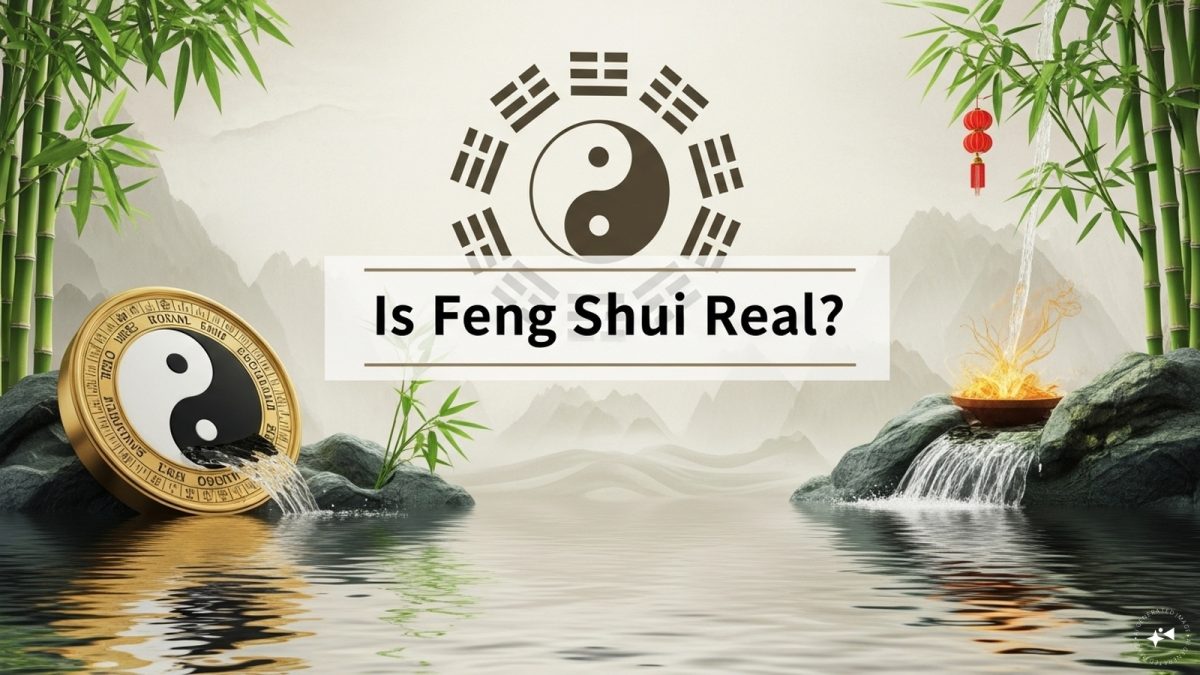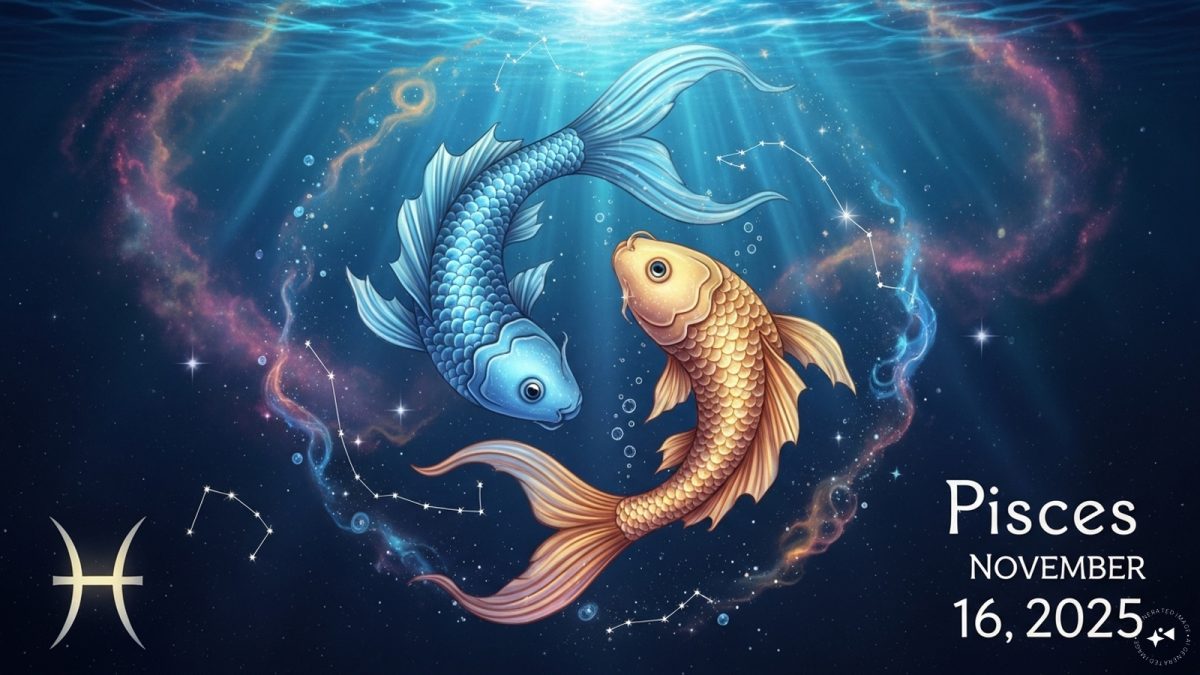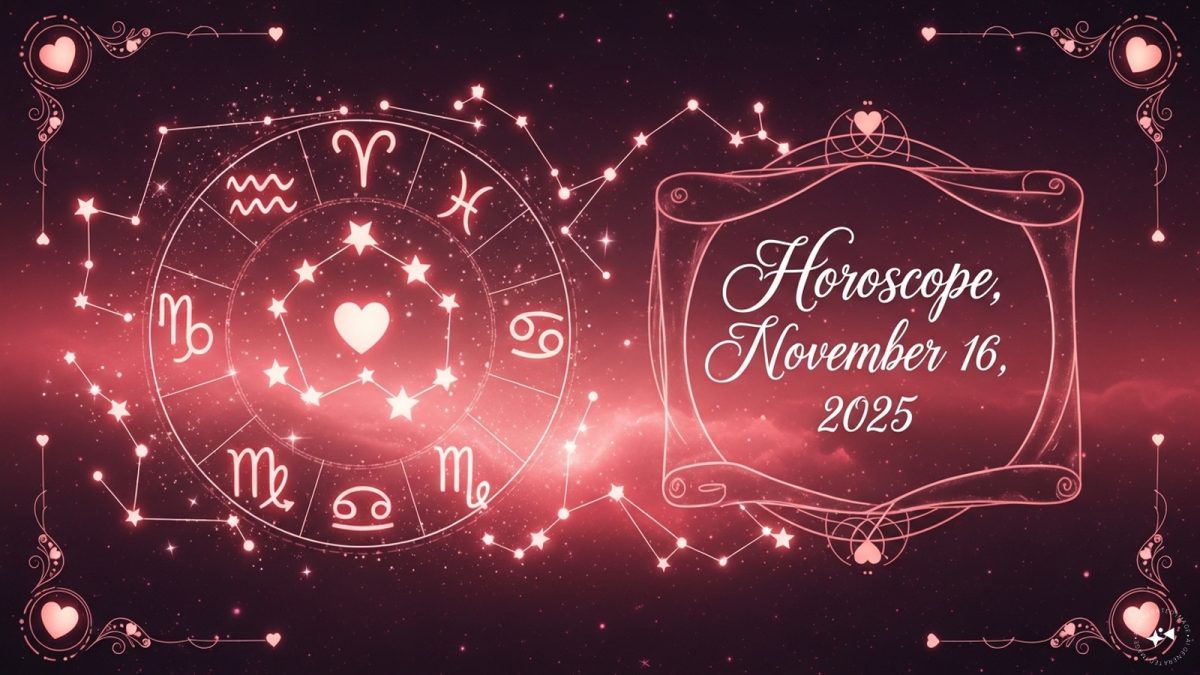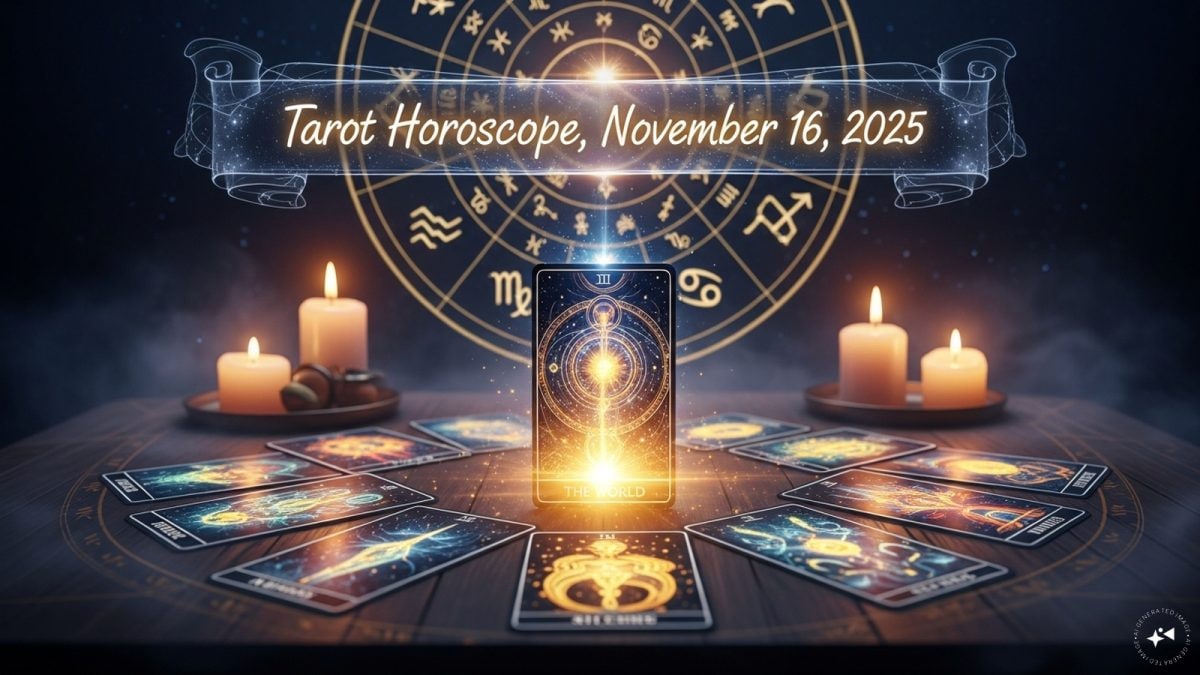Last Updated:
Is Feng Shui real or just a pseudoscience? Discover how this ancient Chinese practice blends symbolism, tradition, and lifestyle to bring balance and harmony to modern spaces.

Feng Shui is an ancient Chinese philosophy and environmental balancing system. (AI generated image)
Feng Shui is not a scientific system, but rather a cultural, symbolic, and practical philosophy that makes a person more aware and conscious of their life and surroundings. Its effectiveness depends on the person’s belief, thinking, and the way it is used. If it is considered a lifestyle and a means of mental balance rather than a superstition, Feng Shui can really improve your environment and life.
What is Feng Shui?
Feng Shui is an ancient Chinese philosophy and environmental balancing system, which aims to establish harmony between a person and their surrounding environment (such as home, workplace, land, etc.). “Feng” means wind, and “shui” means water.
The basic principle of Feng Shui is that when the energy around us (called “chi” or “qi”) flows correctly, there is prosperity, health, and peace in life. The system attempts to balance the flow of energy using directions, colors, the five elements (earth, fire, water, metal, wood), and symbols.
Feng Shui History and Cultural Significance
Feng Shui has its roots in the 3,000-year-old Chinese culture. It evolved from architecture, astronomy, and natural observation.
In the past, it was utilized in the building of homes, palaces, tombs, and temples to maintain a pleasant atmosphere and a happy, balanced existence for the occupants.
Today, it still survives as an important tradition in China, Taiwan, Hong Kong, and many Asian countries. Even some businessmen and leaders consult a Feng Shui expert before getting their office or house built.
Is Feng Shui Scientific?
From a scientific point of view, Feng Shui has not yet been proven by any scientific evidence.
Concepts such as Qi (Chi) or life-energy cannot be measured or analyzed scientifically.
There is no scientific basis behind claims that placing furniture in a particular direction will change luck or planting plants will improve financial condition.
Hence, science considers it a pseudoscience. From a scientific point of view, it is a cultural belief system, not a factual truth.
The Relation Between Feng Shui and Interior Design
In today’s modern age, Feng Shui is often associated with interior design and Vastu decoration.
It promotes principles of decoration that make a place more attractive, balanced, and lively.
For example, using light colors in the home, decluttering rooms, planting air-purifying plants, and placing objects in the right direction; these may not be scientific, but they are practical and aesthetically beneficial.
Feng Shui vs. Scientific Reality
The difference between feng shui and science is clear. Science is based on evidence and testing, while feng shui is based on experience, symbolism, and tradition.
For example, if feng shui says that placing mirrors in the north direction removes negative energy, science will accept this claim only if it can prove it through repeated experiments, and that has not happened yet. So it is better to adopt feng shui as a spiritual and cultural guide.
(The author Chirag Daruwalla is the son of Astrologer Bejan Daruwalla).

Chirag Daruwalla, a renowned Indian astrologer with 18+ years of experience, provides expert guidance in career, health, finance, business, and more. He combines Vedic and Western astrology, I-Ching, Tarot, Num…Read More
Chirag Daruwalla, a renowned Indian astrologer with 18+ years of experience, provides expert guidance in career, health, finance, business, and more. He combines Vedic and Western astrology, I-Ching, Tarot, Num… Read More
September 15, 2025, 08:00 IST
Read More








